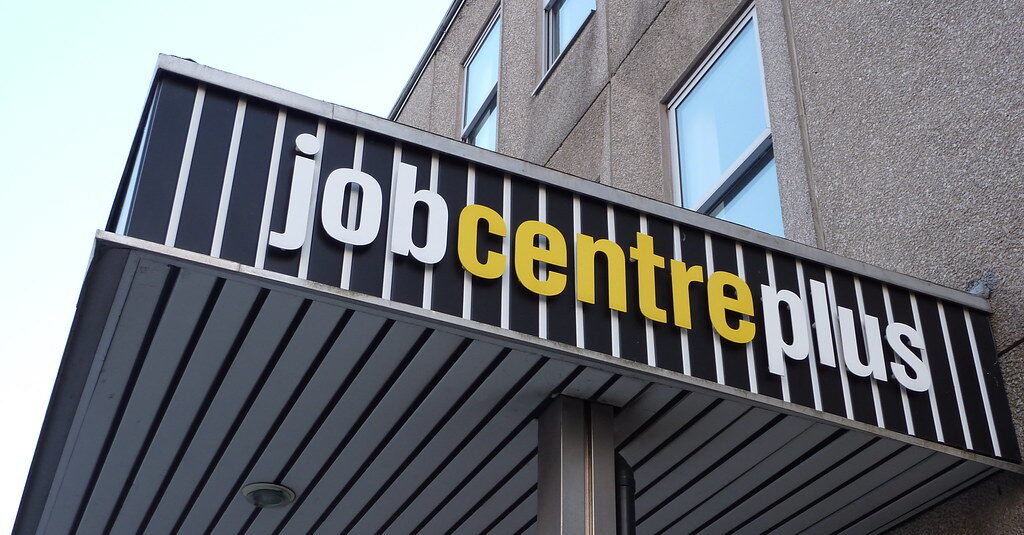

“Get back to work or risk losing your job!” shouts Boris Johnson from his Daily Telegraph column. The bitter truth is that millions have already lost their jobs, and that millions more will return to work from furlough only to be handed a redundancy notice.
Today, according to the Office for National Statistics, 2.7 million workers are claiming unemployment-related Universal Credit, and the number is growing. Unemployment now threatens to match or exceed the heights reached in 1984, when it peaked at 3.3 million workers, or 11.9% of the workforce.
However, the true unemployment figure is much higher than that shown in the official statistics. Including those who do not qualify for benefits, the out-of-work “self-employed”, and those looking for more hours of work, the government’s own statisticians say there are 3.47 million workers who are either out of work or actively seeking more work. This is 10% of the workforce.
Roots of the crisis
The origins of the crisis today do not lie solely or primarily in the coronavirus pandemic, but rather in a global economic slowdown characterised by record levels of corporate debt. This is why many firms will not recover after lockdown – the banks will not roll over these debts if they do not consider it profitable to do so.
At the root of the crisis is the falling rate of profit, not just in the west but also in China. Among the advanced economies the UK is particularly badly placed to withstand this storm, as has been constantly emphasised by the Organisation for Economic Co-operation and Development. The disruption to European supply lines and trade routes as a result of Brexit, and the prospect of disadvantageous terms in any deal with the USA, will compound the problem for British capitalism.
This explains the Tory government’s resort to Keynesian methods, such as the furlough scheme and the temporary increase in benefits, to slow down the pace of the crisis. But all of these policies are time-limited and will only delay the day of reckoning.
Prospects
The exact length and depth of the recession cannot be predicted. The ending of the furlough scheme is likely to cause a huge increase in unemployment. More local lockdowns could set the economy back by months. Brexit could be a jobs disaster. The Tories may impose further austerity, decimating public service jobs.
What is certain is that mass unemployment will be a major feature of the class struggle over the next months, even years. It will affect not only the unemployed but also those who keep their jobs, as the bosses use the threat of unemployment to decrease wages, demolish workers’ rights and ramp up workloads.
We need a fighting unity between the employed and unemployed in the coming period – and a leadership capable of defeating unemployment.
We demand:
● Work or full pay – indefinite extension of the furlough scheme;
● Universal Credit to be paid on Day One and raised to a living wage;
● Ban all precarious and zero-hours contracts and bogus self-employment;
● No job cuts, or cuts to hours, pay or workers’ rights;
● All firms cutting jobs to be nationalised without compensation to their owners, under workers’ control;
● No cuts budgets to be implemented by local authorities – better to set an illegal budget than to impoverish the working class;
● Local and national emergency plans to rebuild our communities and infrastructure, repair our shattered services, and build a green economy, providing useful work to millions of the unemployed – paid for by taxing the rich.